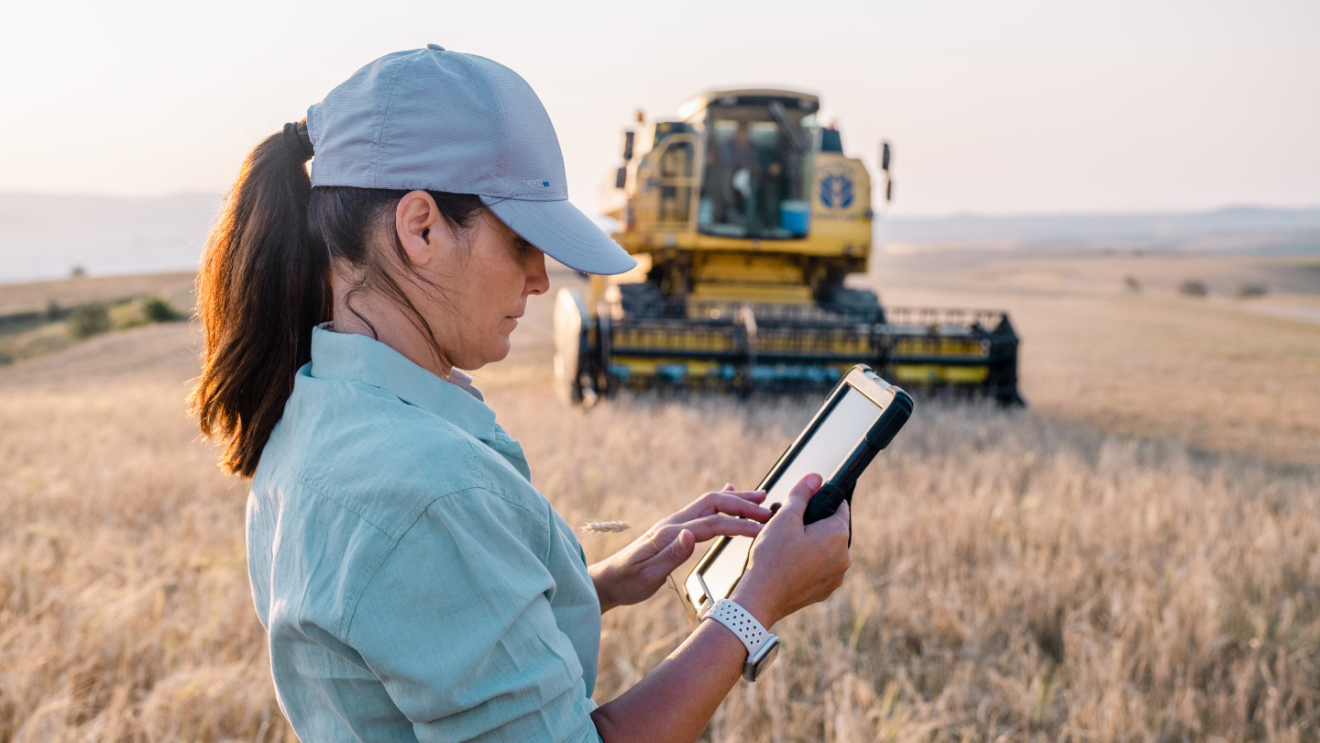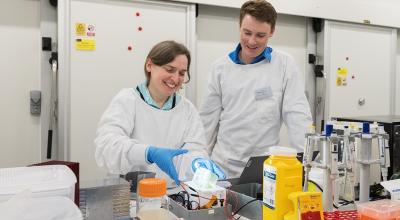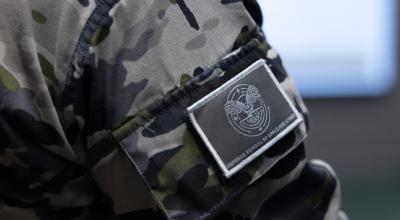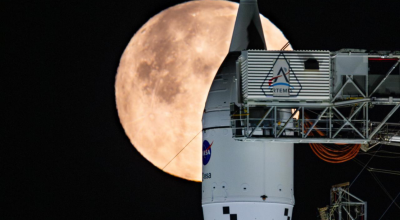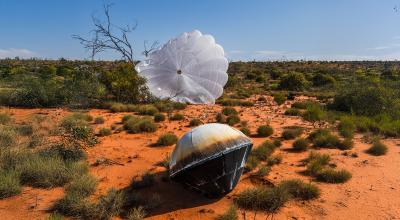Did you know satellites collect and relay data to track wildlife to help manage and protect their habitats?
Learn how space matters in our everyday lives – from keeping us healthy to inspiring us to go beyond the boundaries of what we think is possible.
Age group
Suitable for secondary school students
Space is part of everyday life
Space technologies are seamlessly integrated into the modern world.
Online shopping: Communication satellites and GPS make it easy to shop anywhere, anytime.
E-Banking: Transferring funds is instant and secure, with the help of GPS and communication satellites.
News and entertainment: Live broadcasts are available due to communication satellites.
Staying connected: Satellites provide phone and internet access in planes, boats and remote areas.
Navigation: Find your way, avoid traffic and drop a location pin – all using GPS.
Weather: Weather satellites help improve accuracy of the forecasts.
Space inspires us to go beyond
Space inspires us all, pushing the boundaries of what is possible.
New technology: Space takes our tech further, challenging us to solve problems in innovative ways.
Philosophy: Studying the universe gives us valuable perspective, prompting us to ponder our position in the cosmos.
International relations: Space activities promote cooperation across the globe.
Exploration: Australia has a vital role in future missions to the Moon, Mars and beyond.
Education: Space makes us ‘think bigger’ and develops knowledge of science, tech, engineering and maths.
Arts & culture: Celestial and sci-fi themes have inspired film/TV, music, games, literature, fashion and art for decades.
Space tech keeps you safe
Space technologies help keep Australia in safe hands.
Disaster response: Earth observation satellites improve responses to bushfires, floods and droughts.
Planetary defence: We can calculate the trajectory of falling objects from space, such as asteroids, before they impact Earth.
Emergencies: GPS improves response times to critical emergencies.
Border protection: Communication, GPS and remote sensing satellites help protect Australia’s borders.
Defence: Defence uses a range of satellite technologies to protect Australia.
Intelligence: Intelligence gathering satellites are used to enhance Australia’s national security and protect our way of life.
Space is key to sustainability
Space technologies play a key role as we pursue a more sustainable Earth.
Climate change: Satellites monitor changing environmental conditions of our oceans, land and atmosphere.
Wildlife conservation: Satellites collect and relay sensor data to track wildlife, which helps manage and protect their habitats.
Smarter farming: Agricultural equipment can be remotely controlled with the help of satellites to maximise farm productivity and efficiency.
Clean energy: Space tech forecasts energy production and identifies the best locations for renewable energy.
Transport planning: Satellites help us map and maintain roads, which reduces fuel consumption.
Zero hunger: Satellites sense soil moisture and vegetation and land characteristics to help increase crop yield.
Space helps keep us healthy
Space environments and tech create opportunities to improve health on Earth.
Air quality: Satellites monitor pollution to inform how we protect the air we breathe.
Medical breakthroughs: Space research has spawned medical innovations including pacemakers and better artificial limbs.
Treatments & cures: We learn about our bodies by testing and managing the effects of the space environment on astronauts.
Remote healthcare: Satellites help connect people in remote communities to doctors and specialists.
Wearable devices: Tech developed to monitor astronaut wellbeing, like smart watches, can help promote better health.
Prevent pandemics: Satellites monitor migration, weather conditions and vaccine rollout to slow the spread of disease.

